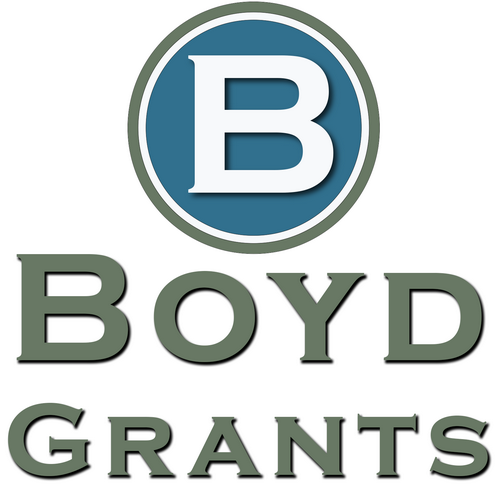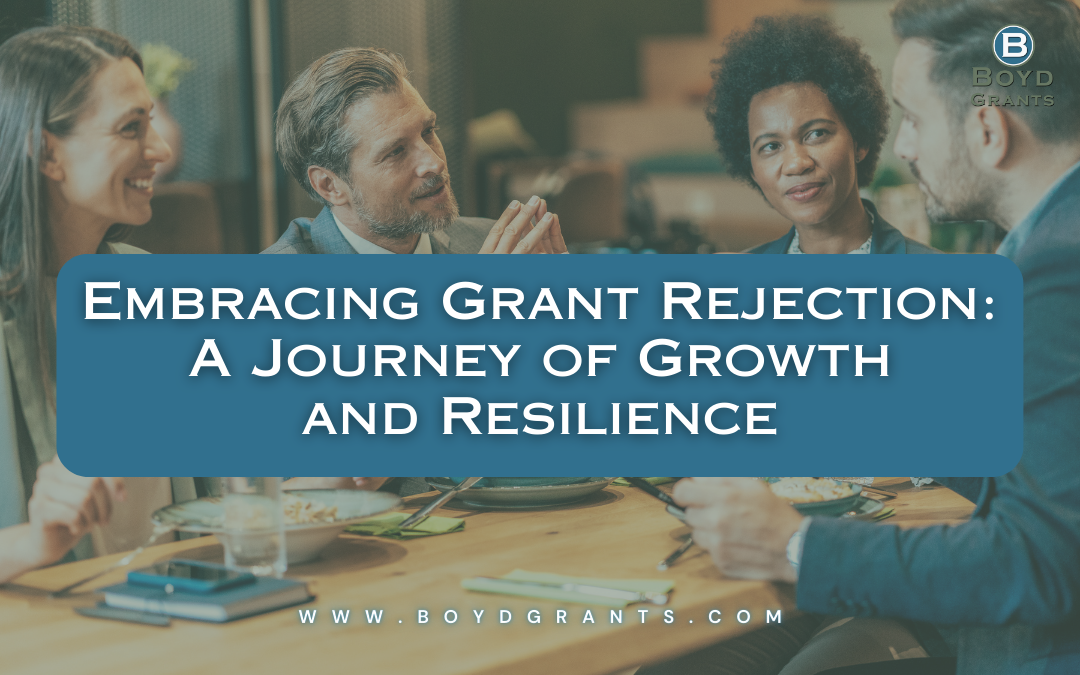In the world of grant professionals, few experiences can be as disheartening as receiving that dreaded rejection email. After pouring countless hours of hard work, creativity, and passion into crafting the perfect grant proposal, the news of rejection can feel like a crushing blow to both morale and momentum. However, as seasoned grant professionals with over 12 years of experience, we understand that rejection is not the end of the road but rather a pivotal moment for growth and resilience.
Grant rejection is a reality that every grant professional faces at some point in their career. It’s important to acknowledge the disappointment and frustration that accompanies it. It’s natural to feel discouraged, question your abilities, or even consider giving up. But in these moments of vulnerability, it’s essential to remind ourselves of the bigger picture and the valuable lessons that rejection can teach us.
First and foremost, rejection is not a reflection of our worth or the worthiness of our cause. Grant funding decisions are influenced by a myriad of factors, many of which are beyond our control. Perhaps the competition was particularly fierce, or the funding priorities shifted unexpectedly. Whatever the reason, it’s crucial not to internalize the rejection as a personal failure but rather as an opportunity for reflection and growth.
One of the most valuable aspects of grant rejection is the opportunity to solicit feedback from the funding organization. While it may be tempting to brush off the rejection and move on, taking the time to understand why our proposal was not successful can provide invaluable insights for future applications. Constructive feedback can help us identify areas for improvement, whether it’s strengthening our project narrative, refining our budget, or clarifying our impact metrics. By embracing feedback with an open mind and a willingness to learn, we can turn rejection into an opportunity for continuous improvement and professional development.
Grant rejection challenges us to think outside the box and explore alternative funding sources. As seasoned grant professionals, we understand the importance of diversifying our funding streams to ensure the sustainability of our organizations and projects. While grant funding may be a significant source of revenue, it’s not the only option available to us. From individual donors and corporate sponsorships to crowdfunding and earned revenue streams, there are countless avenues to explore. By embracing a mindset of innovation and adaptability, we can navigate the ever-changing landscape of fundraising with confidence and creativity.
Above all, grant rejection reminds us of the importance of resilience and persistence in our work. As seasoned grant professionals, we’ve weathered our fair share of setbacks and obstacles along the way. We’ve learned that success rarely comes easy and that perseverance is the key to overcoming adversity. In the face of rejection, it’s essential to stay focused on our long-term goals and remain steadfast in our commitment to our mission. Every rejection brings us one step closer to success, and every setback is an opportunity to emerge stronger and more determined than ever before.
Grant rejection is not the end of the road but rather a stepping stone on the journey to success. As seasoned grant professionals, we have the knowledge, experience, and resilience to navigate the highs and lows of the grant-seeking process with grace and perseverance. By embracing rejection as an opportunity for growth, learning, and innovation, we can turn setbacks into triumphs and continue making a meaningful impact in our communities and beyond. So let’s face rejection head-on, with courage, optimism, and an unwavering commitment to our cause. After all, the best is yet to come.
Want to learn more? Pop on over to Boyd Grants Academy!


Recent Comments